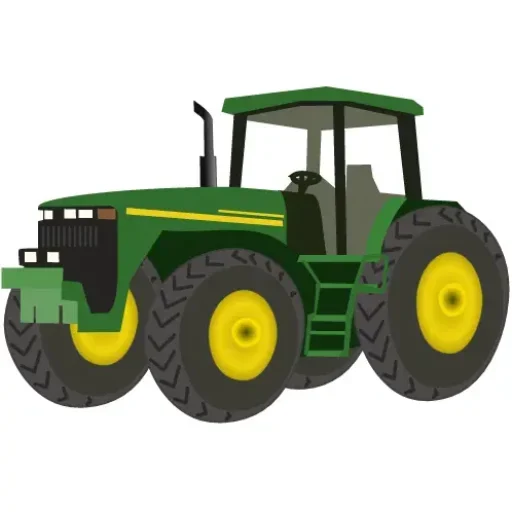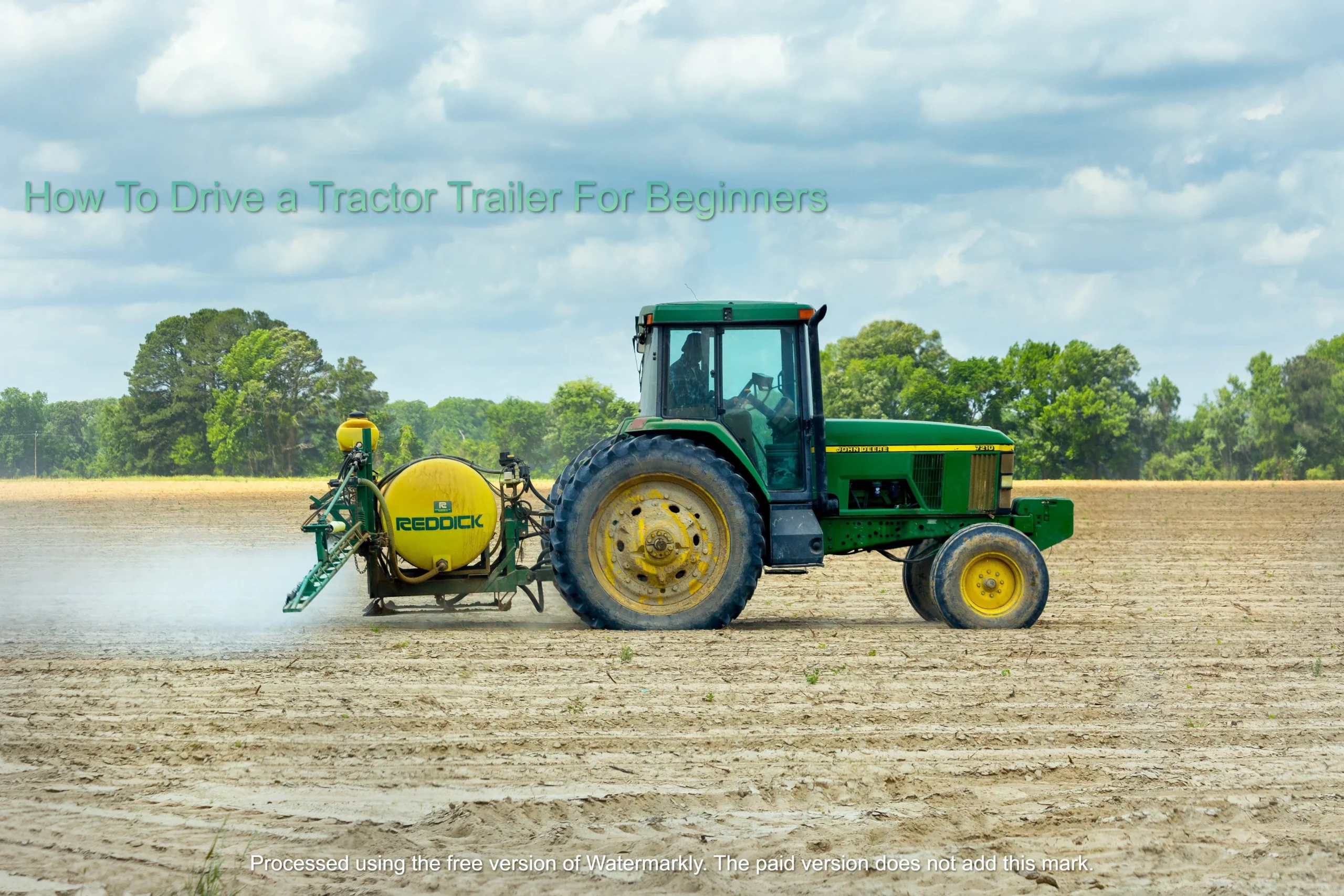Introduction
A. Importance of Learning to Drive a Tractor Trailer B. Overcoming Initial Hurdles
Understanding the Basics
A. Components of a Tractor Trailer B. Preparing for the Journey
Getting Behind the Wheel
A. Familiarizing with Controls B. Practice Makes Perfect
Navigating Different Terrains
A. Handling Highways B. Maneuvering through Urban Areas
Safety Measures
A. Defensive Driving Techniques B. Emergency Protocols
Maintaining the Tractor Trailer
A. Routine Inspections B. Addressing Common Issues
Building Confidence
A. Gradual Progression B. Overcoming Anxiety on the Road
Special Considerations for Beginners
A. Weather Conditions B. Long-Haul Challenges
Connecting with the Trucker Community
A. Online Forums and Resources B. Learning from Experienced Drivers
Regulatory Compliance
A. Understanding and Following Rules B. Importance of Licensing and Certifications
Advancements in Tractor Trailer Technology
A. Automated Systems B. Integrating Technology into Driving Skills
Tips for Efficient Fuel Management
A. Cost-Effective Driving Habits B. Eco-Friendly Approaches
Real-Life Experiences
A. Success Stories of Beginner Drivers B. Learning from Mistakes
Future Prospects in the Trucking Industry
A. Job Opportunities for Skilled Drivers B. Evolving Trends
Conclusion
A. Recap of Key Takeaways B. Encouragement for Aspiring Tractor Trailer Drivers
How to Drive a Tractor Trailer for Beginners
Driving a tractor trailer can be both exciting and challenging, especially for beginners venturing into the world of trucking. In this guide, we’ll explore the essential steps and considerations for those eager to navigate the roads with confidence.
I. Introduction
A. Importance of Learning to Drive a Tractor Trailer
Embarking on the journey of driving a tractor trailer opens up a world of opportunities in the trucking industry. Understanding the nuances of handling a big rig not only ensures personal safety but also paves the way for a fulfilling career on the open road.
B. Overcoming Initial Hurdles
For beginners, the prospect of handling a massive vehicle can be daunting. Overcoming initial fears and challenges is crucial for building the confidence needed to become a proficient tractor trailer driver.
II. Understanding the Basics
A. Components of a Tractor Trailer
Before hitting the road, it’s essential to grasp the anatomy of a tractor trailer. From the cab to the trailer itself, each component plays a vital role in the overall functionality of the vehicle.
B. Preparing for the Journey
Proper preparation is key. From conducting pre-trip inspections to loading cargo strategically, beginners must familiarize themselves with the necessary preparations before embarking on a journey.
III. Getting Behind the Wheel
A. Familiarizing with Controls
Understanding the controls of a tractor trailer is fundamental. From gear shifting to using mirrors effectively, getting comfortable behind the wheel is a significant milestone for beginners.
B. Practice Makes Perfect
Practice sessions in controlled environments allow beginners to hone their skills. Empty parking lots or dedicated training facilities provide the space needed to master maneuvers and build confidence.
IV. Navigating Different Terrains
A. Handling Highways
Highway driving introduces its own set of challenges. Navigating through traffic, understanding exit ramps, and maintaining a consistent speed are skills that beginners must develop.
B. Maneuvering through Urban Areas
City driving demands heightened awareness. Negotiating tight turns, dealing with heavy traffic, and understanding the impact of urban infrastructure on driving are essential aspects for beginners to grasp.
V. Safety Measures
A. Defensive Driving Techniques
Prioritizing safety through defensive driving techniques is paramount. Anticipating potential hazards, maintaining a safe following distance, and being aware of blind spots contribute to a secure driving experience.
B. Emergency Protocols
Knowing how to respond in emergency situations, such as brake failure or adverse weather conditions, is crucial. Preparedness can mitigate risks and protect both the driver and others on the road.
VI. Maintaining the Tractor Trailer
A. Routine Inspections
Regular inspections ensure that the tractor trailer is in optimal condition. Checking brakes, tires, and fluid levels should become a routine for beginners to prevent breakdowns on the road.
B. Addressing Common Issues
Understanding common mechanical issues and knowing how to troubleshoot them empowers beginners to handle minor problems without relying solely on professional assistance.
VII. Building Confidence
A. Gradual Progression
Building confidence takes time. Gradual progression, starting with simpler routes and gradually moving on to more challenging ones, allows beginners to adapt to the complexities of long-haul driving.
B. Overcoming Anxiety on the Road
Anxiety is a common hurdle for beginner drivers. Strategies such as mindfulness, proper breathing techniques, and positive reinforcement help in overcoming anxiety during journeys.
VIII. Special Considerations for Beginners
A. Weather Conditions
Adverse weather conditions pose additional challenges. Beginners must learn to adapt their driving style to rain, snow, or high winds for a safer and more controlled experience.
B. Long-Haul Challenges
Long-haul driving comes with unique challenges. Managing fatigue, maintaining a healthy lifestyle, and coping with extended periods away from home are crucial aspects for beginners to navigate.
IX. Connecting with the Trucker Community
A. Online Forums and Resources
Online forums and resources provide a platform for beginners to connect with experienced drivers. Learning from the experiences of others can offer valuable insights and tips.
B. Learning from Experienced Drivers
Building a network with seasoned drivers allows beginners to gain practical knowledge and receive mentorship. Tips from those who have been on the road for years can be invaluable.
X. Regulatory Compliance
A. Understanding and Following Rules
Compliance with transportation regulations is non-negotiable. Beginners must familiarize themselves with local and federal rules governing the trucking industry to avoid legal complications.
B. Importance of Licensing and Certifications
Acquiring the necessary licenses and certifications is a foundational step. Understanding the specific requirements for different types of freight and routes is essential for a successful trucking career.
XI. Advancements in Tractor Trailer Technology
A. Automated Systems
Technological advancements are shaping the trucking industry. Understanding and adapting to automated systems enhance a beginner’s skill set and readiness for the future of trucking.
B. Integrating Technology into Driving Skills
From GPS navigation to collision avoidance systems, incorporating technology into driving skills improves efficiency and safety for beginner tractor trailer drivers.
XII. Tips for Efficient Fuel Management
A. Cost-Effective Driving Habits
Fuel efficiency is a crucial aspect of trucking. Beginners should adopt cost-effective driving habits to maximize fuel efficiency and reduce operating costs.

